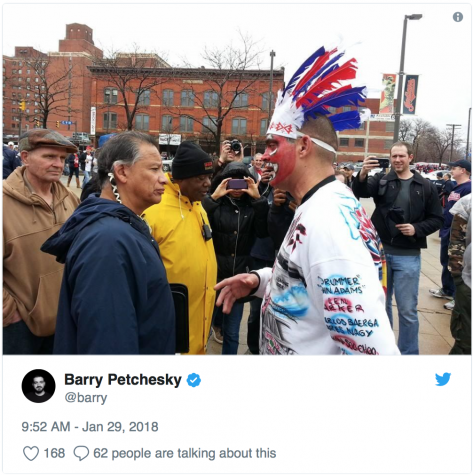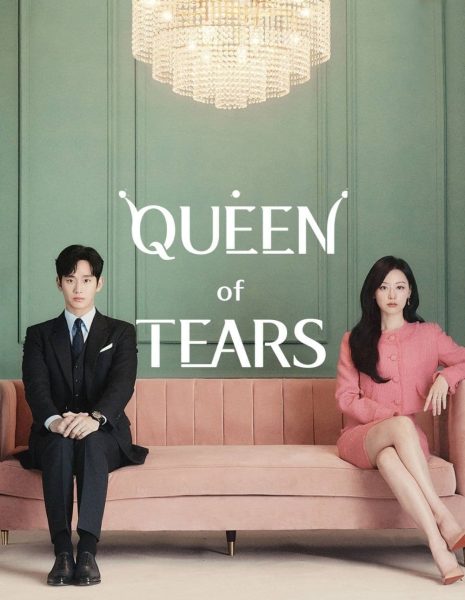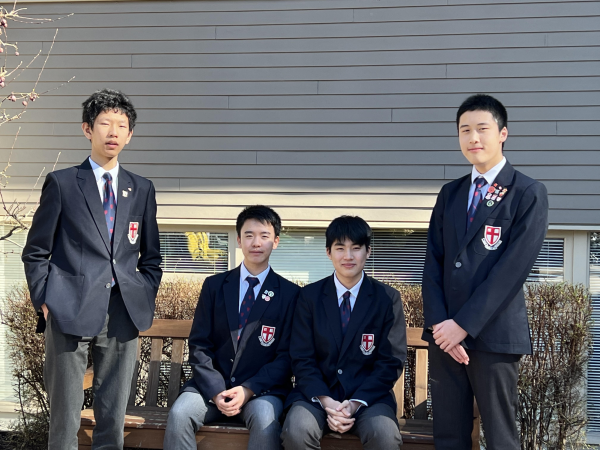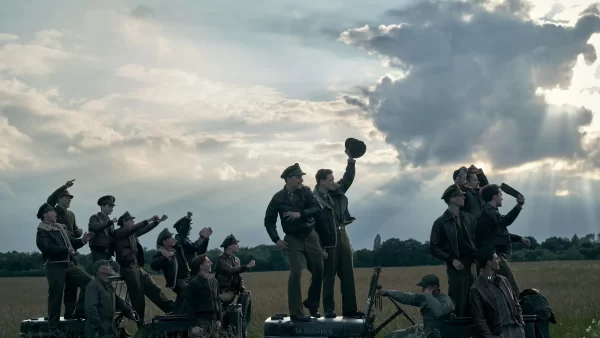Dear Sports Franchises, It’s About Time.
The ostensibly deragotroy nature of certain franchise logos, names, and mascots has been a contentious issue over the decades. The time for excuses is over; change is dawning.
Recently, the Cleveland Indians announced that their infamous Chief Wahoo logo – a smiling cartoon of an indigenous chief – is going to be retired in the upcoming 2019 baseball season. This action finally takes place after decades of disagreement, protests, and backlash. Though many news anchors and fans have applauded the teams’ management for this ‘admirable’ action, the recent turn of events should be perceived as obligatory, overdue change. If these names/terms are considered inappropriate and have no place in a classroom, then it should have no place in society.
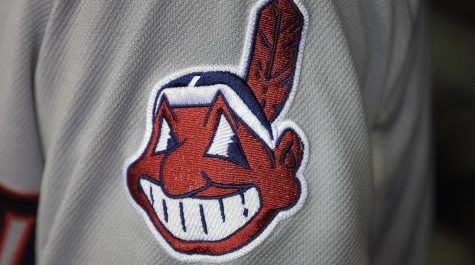
To understand the derogatory nature and significance of these terms, let’s first dive into the historical context. Why are these names considered inappropriate? I think this guy may have some opinions…
From the late 1800’s to the mid-1900’s, during the early expansion of sports leagues and the establishment of new franchises, it was popular for team owners to settle for the Anglican name of a local, indigenous tribe as they – to them – represented a certain fierceness, strength, and bravery that they wanted to see in their athletes. On the surface, this may seem respectable – even commendable; however, the terms they used to achieve their “fierceness” and “strength” were terms that – to them – described the traits of savages – which to them, was synonymous with a local indigenous population.
Though many of these original sports teams have relocated, switched names and/or logos, or altered their team brand completely, multiple have decided to retain their initial names. Among them include teams like the Cleveland Indians, Edmonton Eskimos, Washington Redskins, and Chicago Blackhawks. These names, in its historical and current context, are straight-out derogatory and offensive in nature.
Terms like “Indians” and “Redskins” were constructed by colonials to describe and disparage a certain group of people. The very definition of the term “Eskimo” in the Algonquin language translates to “eater of raw flesh”, which connotes that group of people as savages and their ways as barbaric.
To call this respect is abhorrent. By labeling their franchises through these terms stereotype a group of people in their most violent, and animalistic form, and does not properly depict their culture and traditions.
Yet, some disagree. In spite of the historical context, some fans and owners argue that these names have transcended their original meanings and are now considered symbolic to the city. In a letter written by Cleveland Indians’ owner Paul Dolan, he remarked that these names were never in fact meant to be offensive and now embody something greater. He’s not entirely wrong as many people share that same opinion.
To some, it may represent a certain greatness from the victories and championship wins. To others, it may represent hope and the underdog mentality; how a slept-on team silenced the doubters. Each person may have a different interpretation of what the term – in spite of its derogatory nature – means to them.
However, despite the potential “well-meant” intentions and the “transcended” symbolic meaning, these names, at the core, is disparaging to a certain group of people who’s been continually marginalized and ostracized by government and society. Regardless of its new and ‘profound’ context, the background of these terms cannot be ignored nor supported.
At the end of the day, it’s the Indigenous people that cringe when a tarnishing name of their people is chanted in arenas and the Indigenous people that are hurt when they see a disparaging name of their people printed on jerseys. These names are so much more than a representation of a fan’s values, rather, a defamatory depiction of a group of people and their values. These terms are toxic and must go.

Samuel is a grade 11 at St. Georges. Since joining the Saints community in grade 3, Samuel has immersed himself in all that St. Georges has to offer from...



